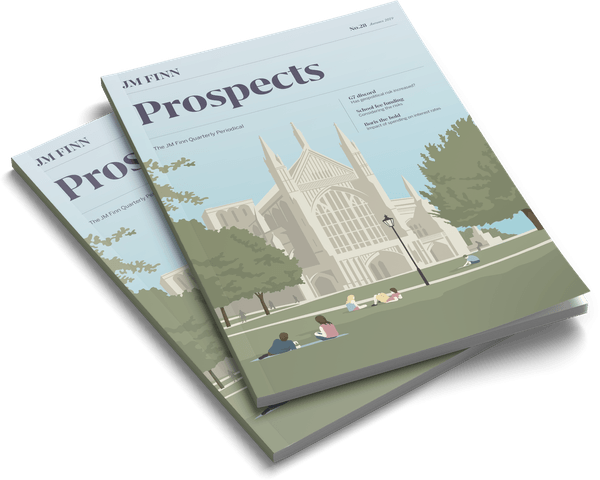 Tax and life events
Tax and life events
Not only does the affordability need to be considered from a financial planning point, but the tax and control implications should be planned for as well. In addition, it is often grandparents who assist with school fees. For example, a grandparent could use the littleknown Inheritance Tax exemption – Normal Expenditure out of Income. If structured correctly, such arrangements could mean that a grandparent could pay school fees without any Inheritance Tax consequence. Practical consideration such as: who to gift to; when and how, should all be on an agenda. In terms of whom to gift to, do they gift a sizeable gift if there is a risk of divorce? Would a trust paying school fees directly to the school or paying monies to the children be other possible solutions? If the school fees are paid to the school directly, what would occur if the said school ceases to operate, merges with another or it is simply not the right environment for that child? All these things need to be planned for.
 Loss of capacity
Loss of capacity
Something worth planning for. If school fees are to be funded from investments in someone’s sole name, what would be done if that person loses capacity? A carefully drafted Lasting Power of Attorney, dealing with property and financial affairs, could so easily assist with such a scenario. A Lasting Power of Attorney may not be the only element to consider, in that it would be worth planning as to how investments are held going forwards or whether there are financial products available to reduce the impact of such a scenario arising.
 Death
Death
Something that nobody likes to discuss, but a plan for the inevitable is key. The situation of leaving no Will means reliance on the law (known as the intestacy provisions). This can lead to unexpected difficulties where a couple is married, and even greater difficulties if co-habiting. For example, the intestacy provisions may well lead to adverse and unwanted Inheritance Tax consequences (i.e. an element of the estate passing to non-exempt beneficiaries – i.e. minor children) and wealth passing to children before they barely finish senior school. Although there are mechanisms within the law to alleviate such issues, they are costly, time consuming and can potentially lead to bereaved children taking other family members to court, to seek court approval for amendments. The key consideration must therefore be a Will that would deal with such a terrible event and allow for children to receive the appropriate support and continuity that would be so desired. If nothing else, who would look after the children, if both parents die? A carefully crafted Will can easily avoid such consequences arising.
There is little doubt that control, taxation and costs are key to any planning, but to fail to make any plan could have detrimental consequences for scenarios that can arise, that generally, are likely to have significant impact on any family.
The above must not be taken as advice and is generic. Advice should be tailored to an individual situation and it would be strongly recommended that such advice is sought on any of the above.
Andrew Neal is a Private Client Solicitor and Member (Partner) of Godwins Solicitors LLP. He is a member of the Society of Trust and Estate Practitioners and is a ‘notable practitioner’ in the current Chambers High Net Worth Guide.
Godwins Solicitors LLP is a leading Winchester-based law firm with a proud heritage dating back to 1823. We provide legal expertise and services to clients in our community, across the country and internationally. For almost two hundred years we have grown alongside our clients to create a highly sought-after service.
Andrew Neal, Member, Private Client
Andrew.Neal@Godwins-Law.co.uk
01962 841 484




